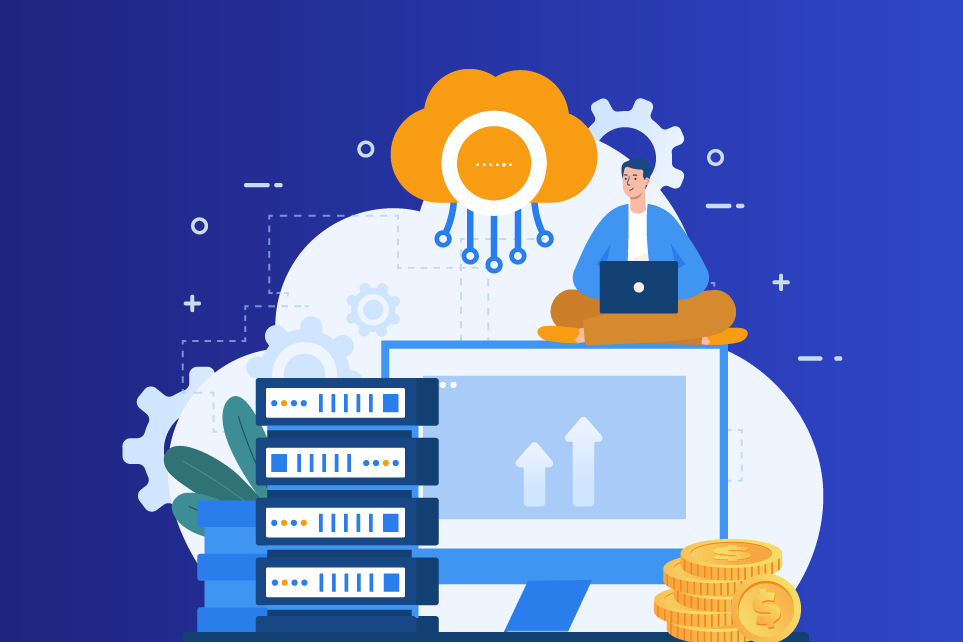In the digital age, data migration has become a critical aspect of business operations, enabling organizations to adapt to evolving technology landscapes, optimize performance, and ensure data integrity. However, the decision of whether to undertake data migration internally or enlist the services of professional providers is a complex one that requires careful consideration of various factors. Let’s the intricacies of both DIY data migration and professional services, delving deep into their respective advantages, disadvantages, and the overarching question: is the risk worth the savings?
Understanding DIY Data Migration
DIY data migration involves the internal management and execution of the migration process by the organization’s own IT personnel or resources. While this approach may offer potential cost savings and the perception of maintaining full control, it comes with inherent challenges and risks.
Planning and Preparation
- DIY migration begins with comprehensive planning, including data assessment, mapping, and strategizing.
- Organizations must allocate adequate resources, including skilled IT personnel, time, and budget, for planning and preparation.
- Challenges may arise in accurately assessing the scope of migration, identifying dependencies, and predicting potential obstacles.
Execution and Implementation
- DIY migration requires meticulous execution of the migration plan, involving data extraction, transformation, and loading (ETL) processes.
- IT teams must possess the technical expertise and proficiency to handle data migration tools, scripting, and troubleshooting.
- Risks include data corruption, loss, or inconsistency due to human error, compatibility issues, or inadequate testing.
Monitoring and Maintenance
- Post-migration, organizations must monitor system performance, data integrity, and user feedback to address any issues promptly.
- Ongoing maintenance, updates, and optimization are necessary to ensure the stability and efficiency of migrated systems.
Pros and Cons of DIY Data Migration
Pros
- Cost Savings: DIY migration eliminates the need for external service fees, potentially reducing upfront expenses.
- In-House Control: Organizations retain full control over the migration process, customization, and decision-making.
- Learning Opportunity: DIY migration can serve as a valuable learning experience for IT personnel, enhancing their skills and expertise.
Cons
- Complexity and Risk: Data migration is a complex process with inherent risks of data loss, corruption, and system downtime.
- Time-Consuming: DIY migration demands significant time and resources, diverting focus from core business activities.
- Scalability Challenges: Inadequate planning and scalability may hinder future system expansions or upgrades.
Understanding Professional Data Migration Services
Professional data migration services involve outsourcing the migration process to specialized third-party providers with expertise, experience, and resources dedicated to seamless data transition.
Expertise and Experience
- Professional service providers offer specialized expertise, experience, and industry best practices in data migration.
- Skilled professionals possess in-depth knowledge of data management, system integration, and migration tools and technologies.
- Providers leverage proven methodologies and strategies to minimize risks and ensure successful migrations.
Comprehensive Solutions
- Professional services encompass end-to-end solutions, from initial assessment and planning to execution, testing, and post-migration support.
- Providers offer tailored solutions to meet specific business requirements, including legacy system migrations, cloud transitions, and platform upgrades.
Efficiency and Reliability
- Outsourcing data migration enables organizations to streamline the process, minimize downtime, and maximize efficiency.
- Professional providers leverage advanced tools, automation, and performance monitoring to ensure smooth transitions and data integrity.
Risk Mitigation
- Professional services prioritize data security, compliance, and risk management throughout the migration process.
- Providers implement robust backup and recovery measures, rigorous testing, and contingency plans to mitigate potential risks and disruptions.
Pros and Cons of Professional Data Migration Services
Pros
- Expertise and Efficiency: Professional providers offer specialized expertise, resources, and efficiency in executing complex migration projects.
- Risk Mitigation: Outsourcing data migration reduces the risk of data loss, corruption, and system downtime through proven methodologies and safeguards.
- Time Savings: Professional services minimize downtime and resource allocation, enabling organizations to focus on core business operations.
Cons
- Higher Costs: Professional services entail higher upfront costs compared to DIY migration, potentially posing financial constraints for some organizations.
- Dependency on External Providers: Outsourcing data migration requires reliance on external vendors, raising concerns regarding data security, confidentiality, and vendor lock-in.
Conclusion
In conclusion, the decision between DIY data migration and professional services involves a nuanced evaluation of risks, costs, expertise, and strategic objectives. While DIY migration may offer potential cost savings and in-house control, it entails significant complexities, risks, and resource demands. On the other hand, professional data migration services provide expertise, efficiency, and risk mitigation, albeit at a higher cost. Ultimately, organizations must weigh the trade-offs and choose the approach that aligns with their unique needs, priorities, and long-term goals. Whether opting for the DIY route or engaging professional services, thorough planning, meticulous execution, and ongoing monitoring are essential for successful data migration and business continuity in the digital age.

